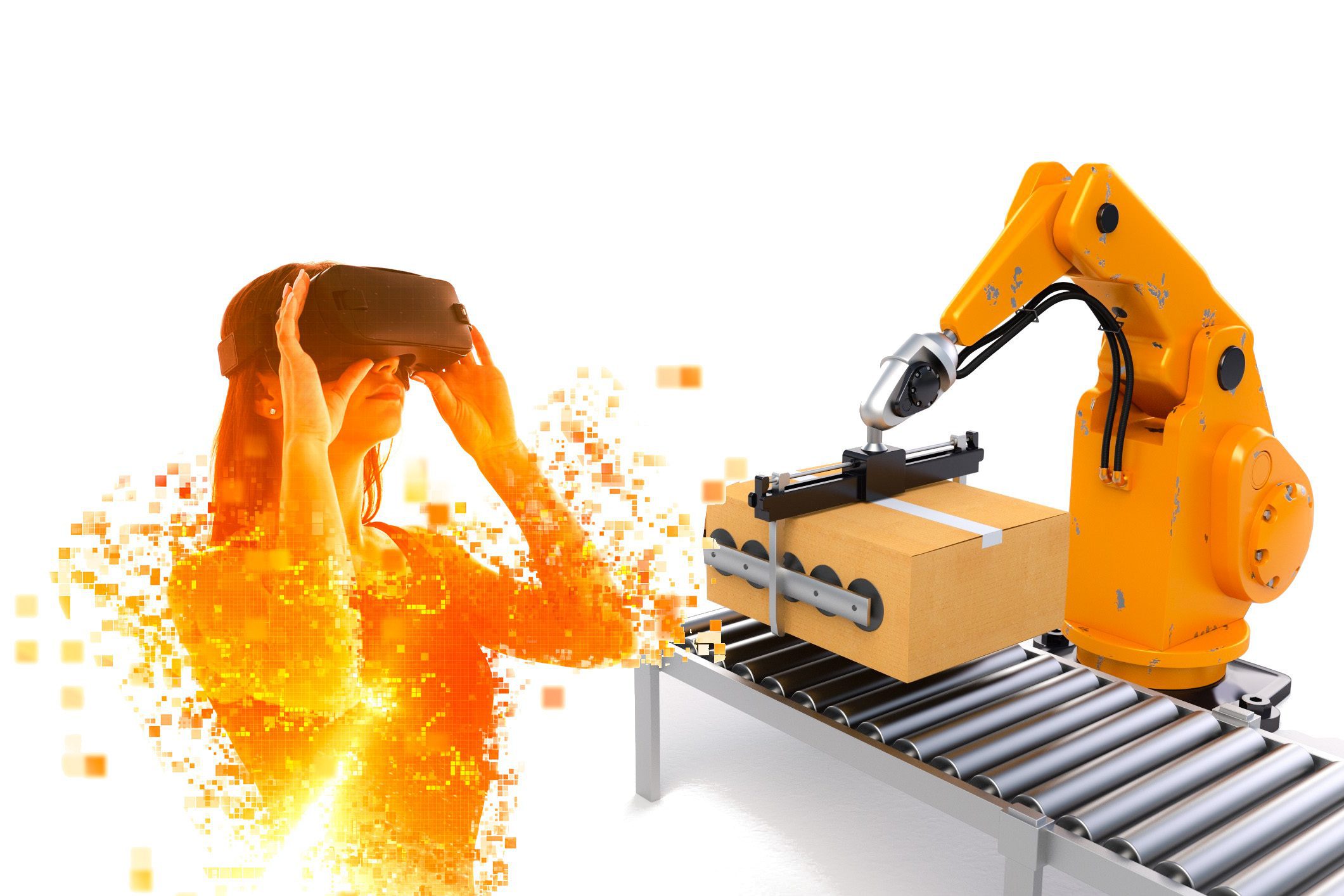Virtual reality is revolutionizing many industries, including gaming, healthcare, real estate, education, tourism, design, sports, retail, advertising, and the military. With its ability to mimic real-life scenarios and create immersive experiences, VR is transforming the way we interact with the world. It allows for more interactive and personalized experiences, as well as greater collaboration and training capabilities. As technology advances, we can expect to see even more innovative ways of utilizing VR to enhance various industries. VR is changing the way we experience and perceive our world, and its impact is only continuing to grow.
10 Exciting Ways Virtual Reality is Transforming Industries
Virtual reality (VR) has been around for a while, but recent advancements in technology have brought it to the forefront of many industries. From entertainment to education, VR is transforming the way we interact with the world.
1. Gaming
One of the most visible ways VR is transforming industries is through gaming. VR has enhanced the gaming experience by allowing players to immerse themselves in a virtual world. Game developers are taking advantage of this by creating games that can be played entirely in VR. It’s not just about being visually immersed in a game – VR is capable of replicating sensations of motion and touch.
2. Healthcare
VR is also transforming healthcare. By using VR, medical professionals are able to simulate real-life scenarios and develop new treatments. For example, VR can be used to help patients with mental health issues such as anxiety or phobias. It can also be used to help teach medical students and give them hands-on experience in a safe environment.
3. Real Estate
Virtual reality is also transforming the real estate industry. Instead of having to physically visit a property, VR can create a virtual tour that can simulate what it’s like to be in a space. This can save time for both real estate agents and prospective buyers. Virtual staging is another feature that VR can provide – it allows potential buyers to see what a property could look like with different furniture or decor.
4. Education
Educators have also started using VR to enhance the learning experience. VR can take students to places they might not be able to visit otherwise. For example, students can virtually explore a historical site or experience a simulation of an important event. It can also improve student engagement by creating a more interactive learning environment.
5. Tourism
Virtual reality is also transforming the tourism industry. Instead of just looking at pictures or videos of a destination, VR can create a realistic experience that can entice tourists to visit. This can help boost tourism to certain areas, especially those that might not have the resources to develop traditional tourist experiences.
6. Design
Designers are also taking advantage of VR. With VR, designers can create 3D models of their projects and tour them in a virtual environment. This allows designers to get a better sense of what a space will look like and make changes accordingly. It also allows for greater collaboration between designers and clients.
7. Sports
Sports teams are also experimenting with VR. Athletes can use VR to visualize plays and practice in a simulated environment. This can give them an edge by allowing them to get more practice in a shorter amount of time. It can also be used to train referees and officials in different situations.
8. Retail
Retail is another industry that’s been transformed by VR. Instead of having to physically visit a store, VR can create a virtual store that’s accessible from anywhere. This can help retailers reach a wider audience and create a more personalized shopping experience. It also allows customers to see what products would look like in real life before making a purchase.
9. Advertising
Virtual reality is also transforming advertising. Advertisers can create immersive experiences that allow customers to interact with their products in a virtual environment. This can help create a memorable experience for customers and differentiate themselves from competitors.
10. Military
Lastly, VR is transforming the military. The military can use VR to simulate real-life scenarios and train soldiers. This can help soldiers prepare for different situations and react appropriately. It can also help save money by not having to conduct live training exercises.
Conclusion
Virtual reality is quickly transforming many industries. From gaming to healthcare, VR is changing the way we interact with the world. As technology continues to advance, we can expect to see even more exciting ways that VR can transform industries.
